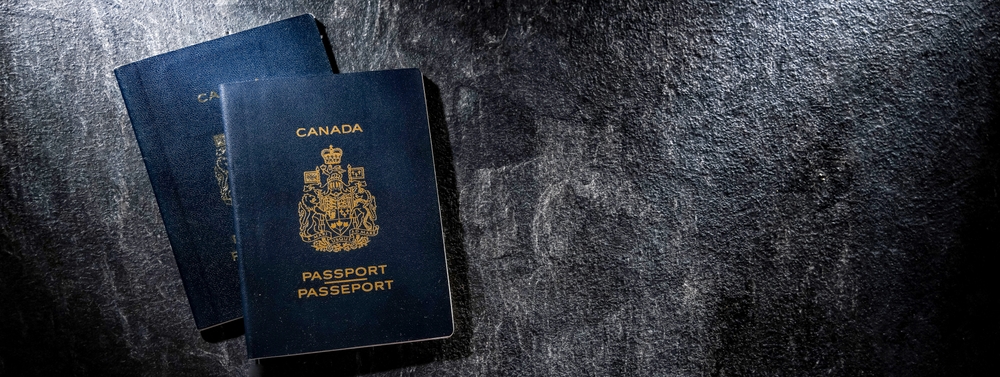Evidence of tax filing for three of the past five years is another prerequisite, particularly for individuals engaged in employment within Canada. Demonstrating proficiency in either English or French, the official languages of Canada, through approved language tests or educational transcripts, is equally essential.
Completing the citizenship test, administered by IRCC, is the final hurdle. This assessment evaluates candidates’ knowledge of Canadian history, geography, political structures, and civic responsibilities, requiring a score of 15 out of 20 for successful completion.

The Citizenship Ceremony
Upon approval, candidates are welcomed to attend the citizenship ceremony, a significant milestone in their journey. During this event, individuals solemnly recite the Oath of Citizenship, receive their citizenship certificates, and express national pride by singing the Canadian national anthem. The ceremony, presided over by a judge, can also be conducted via video link for remote participants.
The Bottom Line
As you can see, becoming a Canadian citizen is not merely a legal formality but a profound acknowledgment of shared values and responsibilities within a diverse and inclusive society. With careful navigation through the citizenship process, individuals can embark on a journey enriched by the privileges and opportunities afforded by Canadian citizenship. It is a step towards full participation in the social, political, and economic fabric of Canada, contributing to the country’s continued growth and prosperity. As Citizenship Week celebrations unfold, let us reflect on the significance of citizenship and embrace the diverse tapestry of identities that make up the Canadian mosaic. Through unity in diversity, we strengthen the bonds of citizenship and pave the way for a brighter future for all Canadians.






